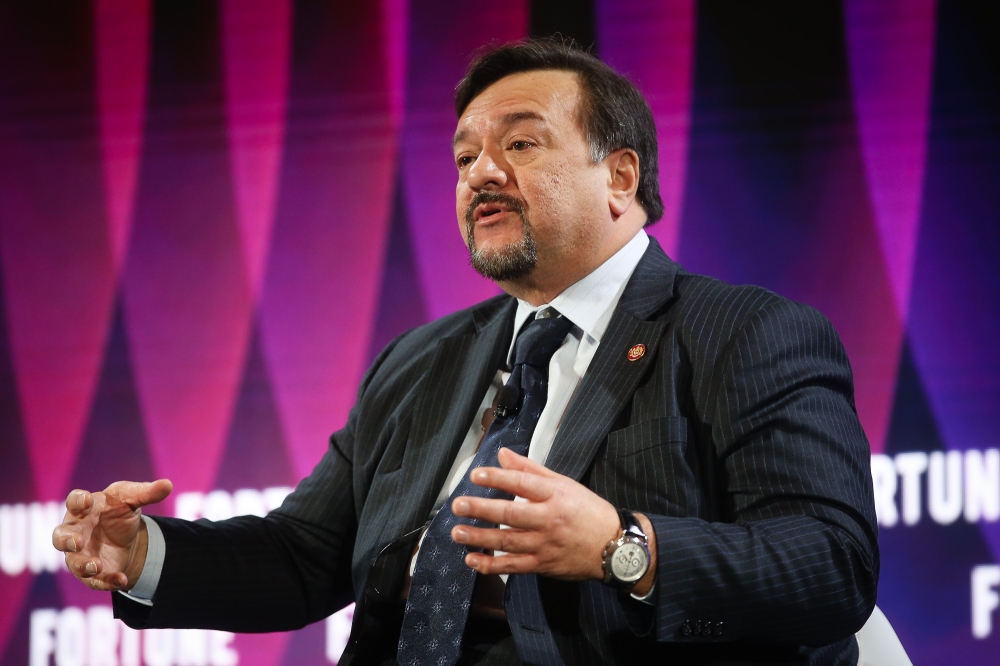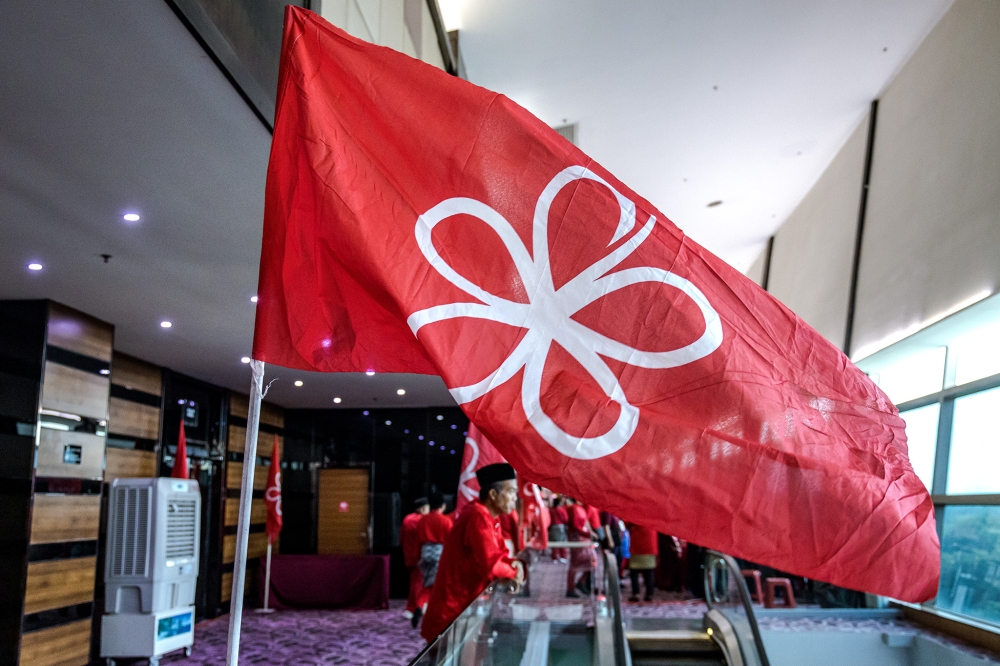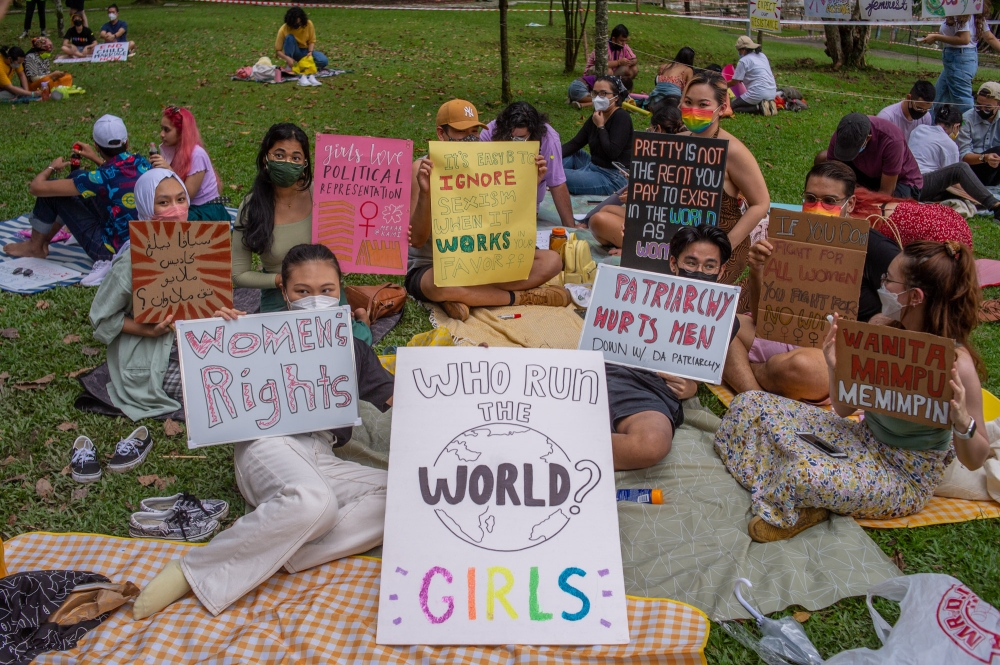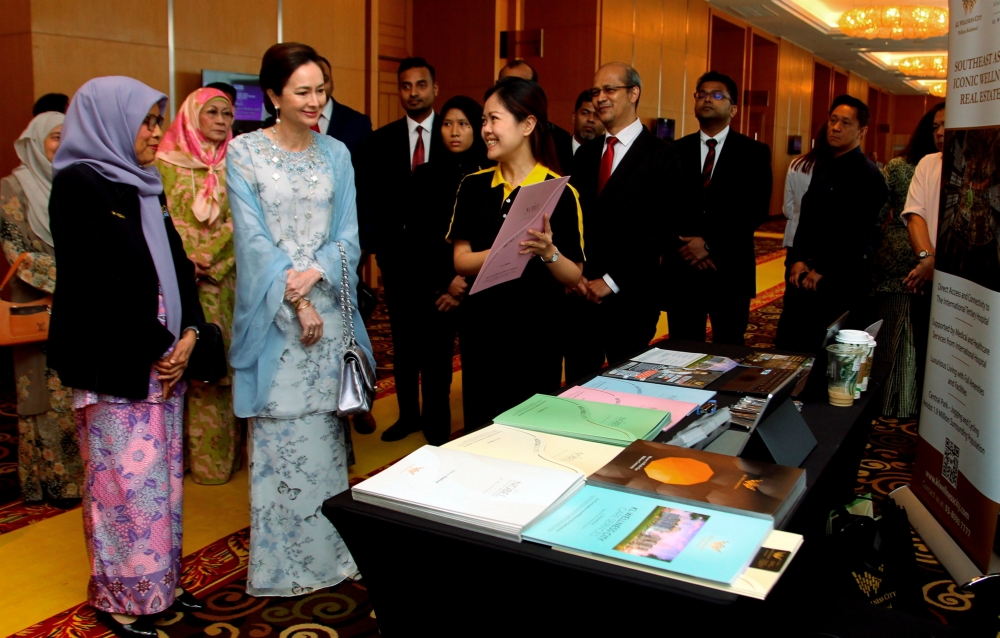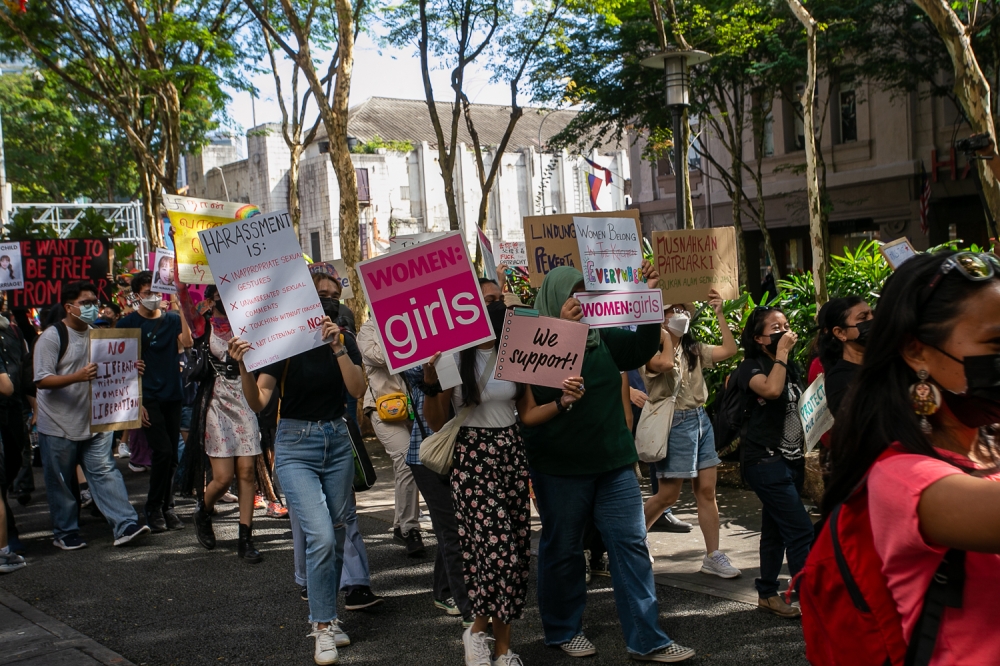KUALA LUMPUR, March 7 — A recent survey ahead of International Women’s Day tomorrow said that four out of 10 Malaysians prefer male leaders or bosses, which is significantly higher than the global average.
Global market research firm Ipsos in its “What do Malaysians think about the current progress of achieving gender equality” survey also found that around half respondents claimed that the current efforts to promote gender equality have gone too far and it is unfair to men.
“Our 31-country global study on gender equality shows that there is a divide in the perception and attitude toward the current progress of achieving equality among countries.
“While people across the globe generally accept leaders without much gender preference, about 4 out of 10 Malaysians would still prefer male leaders or bosses,” said Atticus Poon, its research manager on public affairs, in an accompanying statement.
Poon also pointed out that there is a widespread perception in Malaysia that women receive preferential treatment across different sectors.
“While we have come a long way in promoting gender equality, there are still perceptions and societal pressures that need to be addressed,” Poon added.
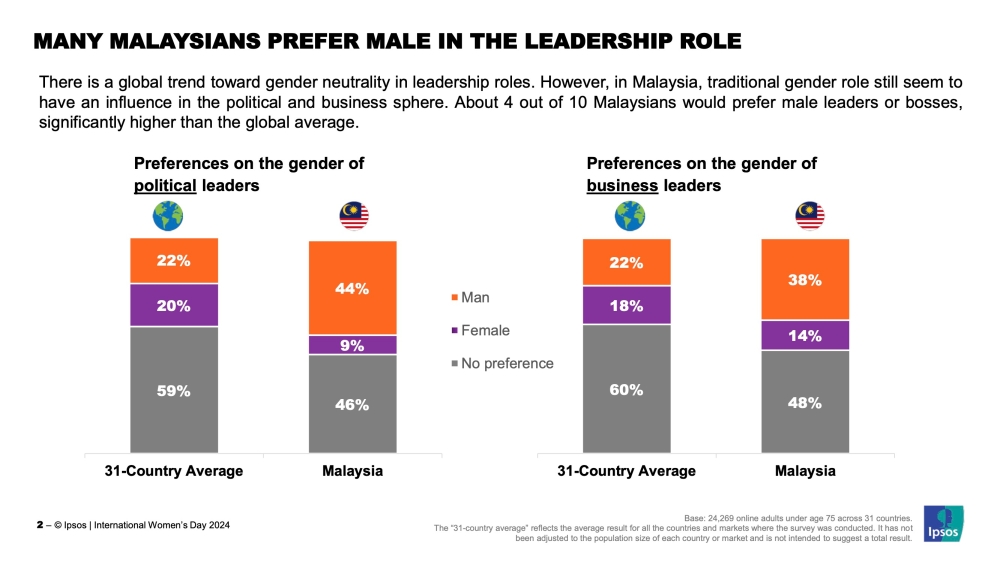
The survey showed that 44 per cent of respondents preferred male political leaders compared to nine per cent who preferred female political leaders. The rest had no gender preference.
For the preferences on the gender of business leaders, 38 per cent of those surveyed voted for male bosses, followed by female (14 per cent) and no preference (48 per cent).
The survey also said that there is a sense of resistance to the current progress of achieving gender equality at global and domestic levels.
Particularly in Malaysia, more than half agreed that men are asked to do too much for it, entrenched by gender stereotypes and societal pressure to advocate gender equality.
The survey also revealed that only about two out of 10 people around the world thought that women are treated better in different institutions, and there is a general perception among Malaysians that our institutions are more female-friendly as compared to the global average.
Ipsos said the survey involved 24,269 adults aged below 75 across 31 countries, surveyed online.











